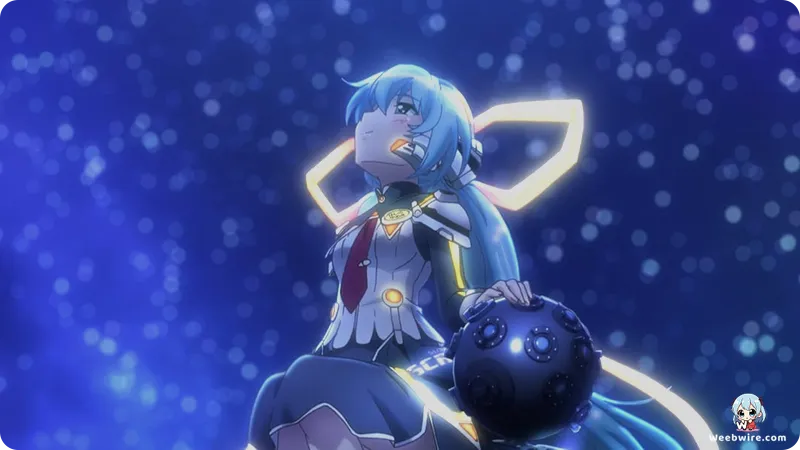Key’s Post-Apocalyptic Masterpiece: Unpacking the Emotional Power and Production Secrets of the ‘Kinetic Novel’ Planetarian
3 months ago
Share this news:

In the expansive catalog of visual novel powerhouse Key, the studio behind legendary emotional sagas like Clannad and Kanon, Planetarian: The Reverie of a Little Planet occupies a singular and poignant space. Unlike its interactive brethren, Planetarian is defined as a “Kinetic Novel.” This designation is not merely a branding choice; it is the core of its narrative strategy. Key designed the Kinetic Novel format specifically to eliminate all branching paths and player choices, enforcing a linear, meticulously crafted narrative trajectory.
This intentional removal of player agency ensures that the profound emotional weight, centered on the isolated robot Yumemi Hoshino and the hardened scavenger known only as the Junker, lands with maximum, inescapable impact. The story is famously concise, often consumed in a single session, yet its philosophical and emotional resonance rivals works many times its length, a testament to Key’s mastery of focused storytelling under strict structural constraints.
The enduring tragedy and charm of the story hinge entirely upon Yumemi Hoshino. This cheerful, slightly obsolete service automaton diligently waits for patrons in the desolate rooftop planetarium of Sarcophagus City, three decades after global civilization collapsed. A poignant detail within her programming is the celebration of her “birthday” every July 7th, a date aligning with Japan's Tanabata festival, which honors star-crossed celestial lovers. This date beautifully encapsulates her hopeless, eternal wait for human connection in a ruined world.
Programmed for unwavering optimism, Yumemi remains blissfully, tragically incapable of processing the devastation outside. She defaults to her last operational status, perpetually ready to deliver a tour that has no audience, making her decades of isolated dedication the core source of the story’s heartbreak.
Adding a layer of rich world-building, the magnificent star projector at the heart of the planetarium is affectionately nicknamed "Miss Jena." This name pays direct homage to the famed German optical manufacturer, Carl Zeiss Jena. For decades, the Zeiss name has been globally synonymous with premium, high-precision planetarium equipment. By referencing this real-world standard-bearer, the creators immediately anchor the futuristic technology in a credible history of excellence.
The entire narrative expertly pivots around the Junker's attempt to repair and activate this single piece of obsolete machinery, powerfully underlining the theme that knowledge, beauty, and shared experience retain immense, irreplaceable value even in the most broken of worlds.

The 2016 anime adaptation introduced its own fascinating production trivia. It was helmed by David Production, a studio globally recognized for the kinetic, high-energy action sequences of JoJo's Bizarre Adventure. Many fans were initially surprised that such a contemplative, emotionally subtle narrative was entrusted to a studio known for explosive spectacle. However, David Production demonstrated remarkable versatility, delivering an adaptation that perfectly captured the source material’s soft, melancholic lighting and subdued atmosphere.
Their focused restraint on pacing and emphasis on delicate character expression proved their ability to handle intense drama just as effectively as high-octane action.
The adaptation was uniquely structured: a five-episode Original Net Animation (ONA) covered The Reverie of a Little Planet, followed by the theatrical movie, Planetarian: Hoshi no Hito (Man of the Stars). This film adapted the epilogue short story, finally exploring the Junker’s life long after his fateful encounter with Yumemi, offering necessary closure and expanding the narrative scope far beyond the initial planetarium setting. This two-part format successfully preserved the intense, concentrated emotional punch of the Kinetic Novel while providing a comprehensive conclusion to the protagonist's journey.